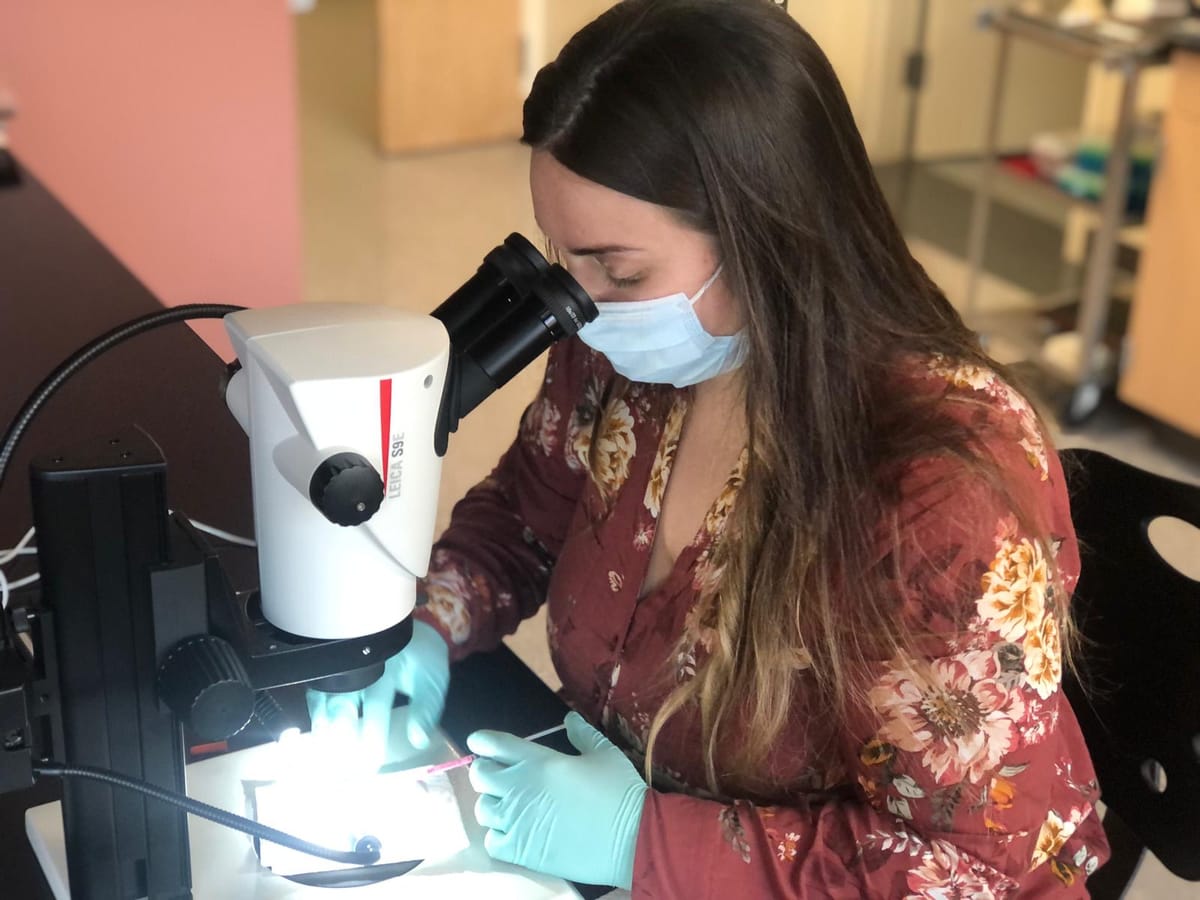Dyslexia and Neurodivergence in STEM

I am a first-generation university student with multiple learning disabilities. I will be the first to say that getting a science Ph.D. as a dyslexic person can be challenging and overwhelming at times. BUT it is certainly possible if those around you are able to help support you. Dyslexia is a learning difference that affects reading, writing, and spelling but does not affect intelligence or the ability to understand complex concepts.
Throughout my time as a Ph.D. student, I have learned the hard way and have picked up some helpful tips along the way. It can be intimidating or even downright frightening to let others around you know that you have a learning disability. However, having a support network can make the entire process less excruciating.
Seek accommodations: Most universities offer accommodations for students with dyslexia, such as extended time on assignments or access to assistive technology. It's important to speak with the university's disability services office to determine what accommodations are available. Assistive technology, such as text-to-speech software or speech recognition software, can be helpful. Word has one built into the review section (a little robotic, but it gets the job done).
Your habits will likely be different from those around you. People with learning disabilities often need to spend more time studying and may benefit from studying in a quiet environment with minimal distractions. It took me a long time to work up enough courage to inform my mentor that I couldn't work or study in a shared office. I now have a more isolated desk, and it has made all the difference.
Build a support system: It's important to have a support system of friends, family, and mentors who can provide encouragement and assistance when needed. The hardest part is likely at some point, you will have to speak up for yourself. For me, it was my first semester of graduate school. For some reason, I thought I could get away with not telling anyone that I had learning disabilities while getting a degree based on knowledge and investigation. It is a skill, and it's terrifying, but you'll need to advocate for yourself to ensure that you receive the accommodations and support you need to succeed.
Overall, pursuing a science Ph.D. as a dyslexic person can be challenging, but with determination, hard work, and, mostly, support, you can do it. In the spirit of Louis Pasteur, a scientist who is reported to have had dyslexia and dysgraphia, knowledge belongs to humanity and is the torch that illuminates the world. Science is not done in isolation from society; those engaged in its practice should reflect the human populations we serve. While there is a long way to go, science offers a unique opportunity at every level to strive toward this goal. Increasing the inclusion of those with divergences is vital for science to reflect humanity's goals as a whole.